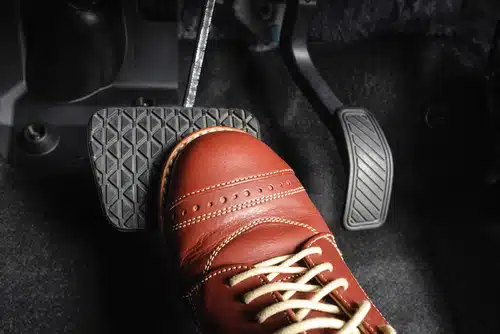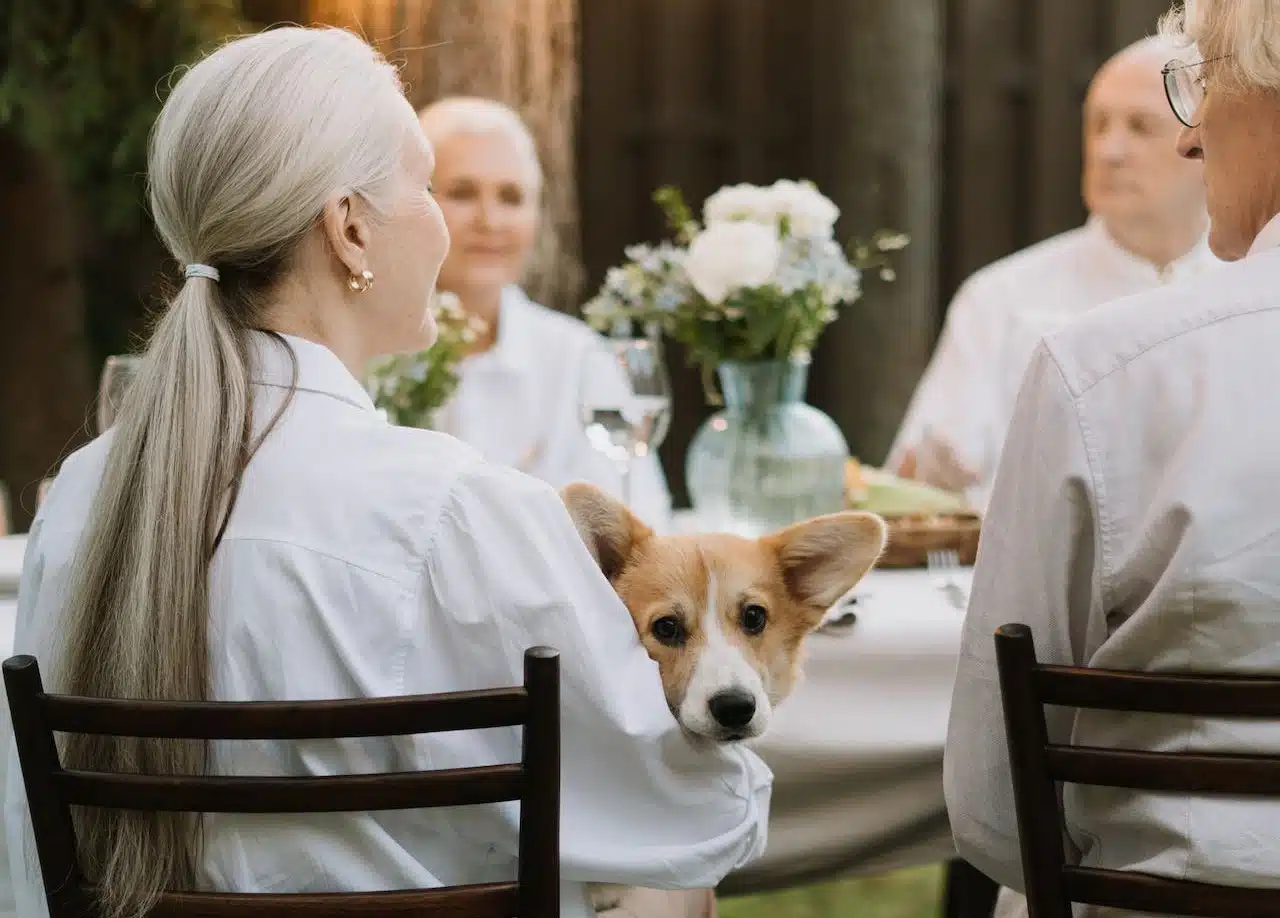Home » Blog » Pet » Pet Health & Safety » Pancreatitis in Dogs: What Causes It and What You Should Know
Categories
Tags
animal welfare
breed profile
buying a car
buying a pet
Car
car accessories
car care
car features
car insurance
Car safety
car sales
car service
cat
cat behaviour
cat body language
Cat Breeds
cat food
cat insurance
comprehensive car insurance
Dog
Dog Behaviour
dog body language
Dog Breeds
dog food
Dog Insurance
dog training
eco friendly cars
Kitten
New Car
pet accessories
pet activities
Pet Adoption
pet breeders
pet days of the year
pet fun stuff
Pet Health
pet insurance
pet parenting
Pet Safety
pet services
Puppy
rescue pets
road safety
road trip
safe driving
Recent Blog:
Facebook Posts
2 days ago
Growing old sometimes means we can’t take care of pets anymore. Find out some advice on what to do when this happens:![]()
![]() Senior Pet Parents – Contingency Plans for Your Pet – bit.ly/44bzwkS
... See MoreSee Less
Senior Pet Parents – Contingency Plans for Your Pet – bit.ly/44bzwkS
... See MoreSee Less
Senior Pet Parents' Contingency Plans for Pets
www.pd.com.au
Sometimes senior pet parents need more downtime. For older pet owners, this can be tricky to navigate if their dog or cat is full of beans and wants to4 days ago
Before you rev up the engine, let’s run through a checklist of things to do before starting your car. Not only do these steps ensure your safety (and that of others around you), but they also help in maintaining your vehicle's longevity.![]()
![]() Driving Tips: Your Checklist Before Starting Your Car -
... See MoreSee Less
Driving Tips: Your Checklist Before Starting Your Car -
... See MoreSee Less
Driving Tips: Your Checklist Before Starting Your Car
www.pd.com.au
Heading out for a drive? Hold up a second! Whether you're dashing off to work, running errands, or embarking on a road trip adventure, there are a few1 week ago
Are intestinal worms setting up camp in your dog’s gut without paying rent? Here’s how to spot the main culprits and get rid of them too:![]()
![]() Preventing, Identifying and Treating Intestinal Worms in Dogs - bit.ly/43YjCKu
... See MoreSee Less
Preventing, Identifying and Treating Intestinal Worms in Dogs - bit.ly/43YjCKu
... See MoreSee Less
Preventing, Identifying and Treating Intestinal Worms in Dogs
www.pd.com.au
Intestinal worms, such as roundworms in dogs are one of the least glamorous topics on the planet. These intestinal parasites that basically use our dogsPancreatitis in dogs is a serious illness that can cause health complications in your dog and even be fatal. Though it can affect all dogs, it’s most common in middle aged or female dogs. Pancreatitis is best treated when caught early, so make sure you’re familiar with the information we outline in this article.
Know that pancreatitis is fairly common. One extensive study shows 1.5% dog and 1.3% of cat pancreata showed lesions that could lead to pancreatitis. Further, some breeds are more susceptible than others, including Cocker Spaniels, Miniature Schnauzers, Poodles and Yorkshire Terriers.
This is a painful condition for your pup so they’ll need the best care possible. Read more here …

What is pancreatitis in dogs?
Firstly, what is it? The pancreas is an organ that helps dogs digest food. It’s located at the top of the abdomen next to the stomach and the gallbladder, and secretes enzymes into the small intestine that helps with breaking down food and better absorbing nutrients.
The pancreas also releases hormones that regulates appetite and blood sugar – insulin, for instance, is made in the pancreas. Pancreatitis is an inflammation of this organ.
Is it short or long term?
It’s important to know there are two types of pancreatitis in dogs, with two different results. They are acute and chronic.
Acute
This kind happens when inflammation occurs suddenly and can be treated successfully with no permanent damage.
Chronic
The chronic kind happens where inflammation occurs over a long period of time (a month or more) and irreversible damage is done to the pancreas. This reduces its ability to produce digestive enzymes and insulin and can affect how your dog digests food.

How does it happen?
Pancreatitis in dogs can first occur when your canine companion ingests something that “makes the pancreas angry” – such as a high fat meal.
It can also occur from eating something they’re not used to or when something that doesn’t sit well with their digestion. When this happens, the pancreas becomes inflamed and releases digestive hormones inside itself, instead of into the small intestine.
However it starts, it is painful and it causes infection and even abscesses that can kill off parts of the pancreas. Severe pancreatitis can inflame other parts of your dog’s organs – including the lungs, blood systems, and cardiovascular system.
Symptoms
The most common signs of pancreatitis in dogs is vomiting and loss of appetite (read more about dog vomiting here). They may also display the following:
- Fever
- Tiredness
- Abdominal pain
- Diarrhoea
- Loss of appetite
During a pancreatic attack, your dog may take a ‘praying position’ due to pain. Their hind quarters will be up in the air while their front legs and head are on floor.
If your dog has a severe pancreatic attack, they may go into acute shock and it may even be fatal.

Causes
Pancreatitis in dogs is an idiopathic disease – meaning we don’t quite know what causes it. Though veterinarians know it can be triggered by a fatty meal or sometimes a cortisol injection, it’s not clear what else has contributed to it. Sometimes it can occur spontaneously.
Some theories about why it develops have been listed below:
- Your dog ate something that didn’t agree with them
- The dog has been eating high-fat food, usually table scraps like burger meat or ribs
- There’s been some type of trauma or injury to the pancreas
- Other parts of the body are inflamed and have inflamed the pancreas
- Cancer could be the root cause
- Medications like atropine, azathioprine, chlorothiazide, oestrogen, furosemide, tetracyclines, and L-asparaginase have been shown to be possible causes of pancreatitis in dogs
- There’s a blockage in the pancreatic duct
- High blood calcium levels
- Bacterial infections
- Inflammation of the liver, stomach, or small intestine
- High blood cholesterol levels
PS: Visit our article on dog health problems per breed if you want to know more about that.
Treatment of pancreatitis in dogs
The most important factor in treating pancreatitis in dogs is hydration. Your dog may be hospitalised by the vet and be put on an IV drip. This is to restore their fluids, treat shock, correct electrolyte imbalances, and flush out toxins.
Food and water will be withheld so the pancreas can rest and recover. A vet may also administer antibiotics and anti-pain medications. In some cases, surgery may be required to remove cysts, abscesses, tumours, or dead tissue from the pancreas or to unblock a bile duct.
Check out more about treatment for pancreatitis in dogs here:
How to prevent pancreatitis in dogs
Now, you may be wondering how you can prevent this illness. Your dog doesn’t necessarily have to be overweight to get pancreatitis – but obesity definitely raises their risk of developing it. Check out our guide on obesity in your dog as well as dog exercise requirements by breed.
Refrain from feeding your dog food high in trans fats because this can trigger an attack. In general, you should be feeding your dog a high-quality food that’s rich in nutrients, low in fat, and specific to their breed. You also want to limit what they call “dietary indiscretion”. This is when your dog eats unfamiliar foods out of the garbage, which can lead to an attack.
If your dog is one of the at-risk breeds mentioned above, you may want to avoid giving them the medications we’ve listed as they’ve all been associated with the development of pancreatitis in dogs.

Some other frequently asked pancreatitis questions
You may still have other specific questions about this illness. Here are some of Australians’ most asked questions about pancreatitis in dogs:
Can peanut butter cause pancreatitis in dogs?
Yes. Due to its high concentration of fats, too much peanut butter can cause a pancreatic attack in your dog. However, a little bit of xylitol-free peanut butter every now and again may be beneficial to your dog due to its protein, vitamin B, niacin, vitamin E, and healthy fats. Always make sure you’re choosing a peanut butter with no added sugar or salt.
Is pancreatitis in dogs fatal?
Most mild forms of pancreatitis are not deadly to your dog if treatment is swift and aggressive. However, dogs that go without treatment can progress to the haemorrhagic form, which may be fatal.
How long does pancreatitis last in dogs?
Most mild cases heal within 2 to 3 days of treatment. In very serious cases your vet may need your dog to stay in hospital for a week or longer.
Can cheese cause pancreatitis in dogs?
Cheese is high in fat and can cause a pancreatic attack. If your dog is one of the high-risk breeds, try to avoid giving them cheese. Remember, dogs are lactose intolerant so cheese may upset their stomachs. If you’d like to treat them with some cheese, give them a small quantity of low fat cheese that doesn’t contain any spices.
Can coconut oil cause pancreatitis in dogs?
Like cheese, coconut oil is high in fat and can be a risk to dogs prone to pancreatitis. Limit your dog’s coconut oil intake and try to avoid it altogether if you have a breed that’s high risk.
Does stress cause pancreatitis in dogs?
It’s a fact – chronic stress does increase the risk of pancreatitis in dogs.

Protect your beloved pup
If your pup ends up with pancreatitis, you don’t want to be weighing up the vet bills against getting them the best care possible. A good pet insurance plan is important to ensure Fido is taken care of and you have peace of mind.
Dog insurance by PD Insurance can help pay for the cost of non-routine vet visits, treatment for accidents and illnesses, third party property damage, dental issues and more. Why wait for medical mishaps to happen when you can safeguard your pet today?
Share On:




